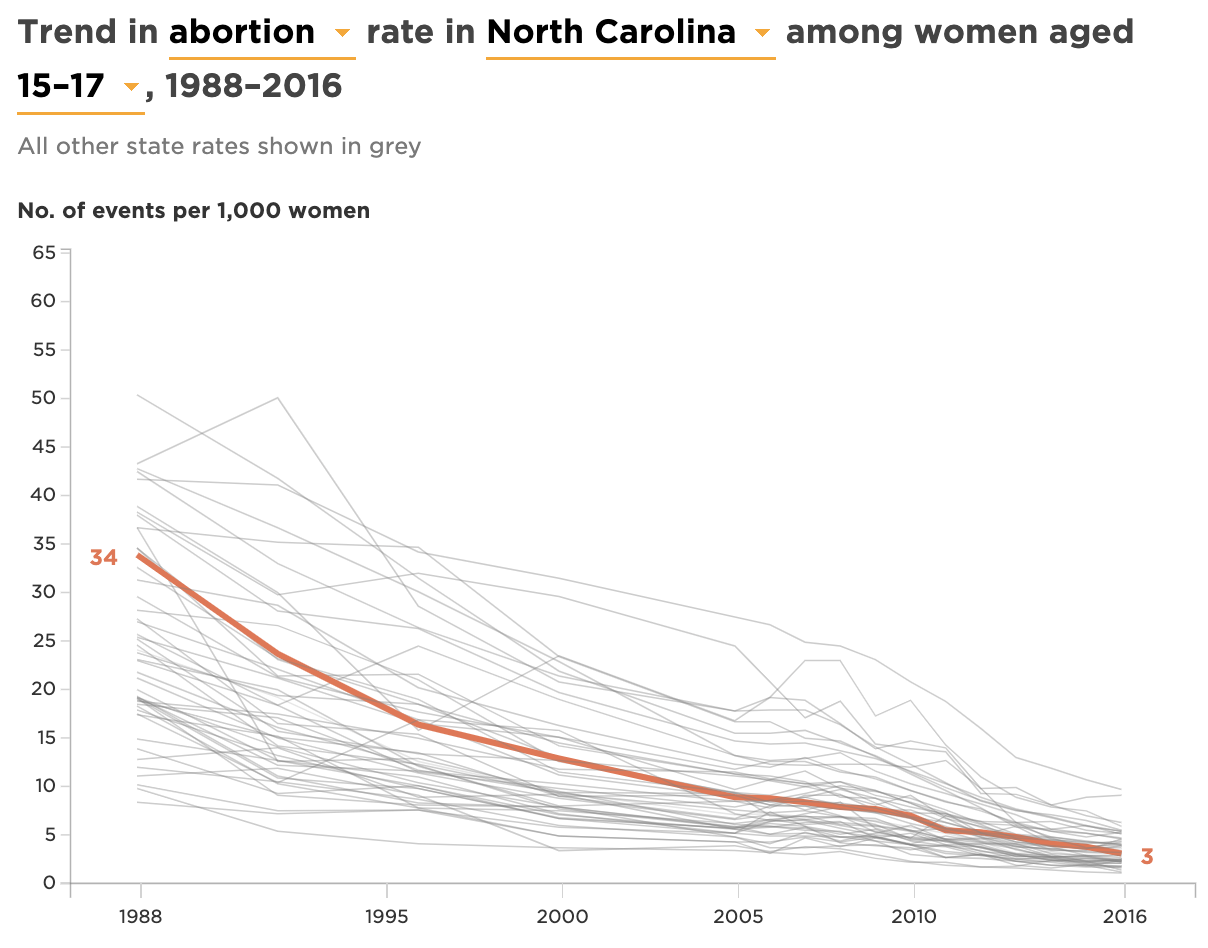
Teen Pregnancy in North Carolina: A Comprehensive Analysis
Introduction
Teen pregnancy remains a significant public health concern in the United States, with North Carolina consistently ranking among the states with the highest rates. This issue has far-reaching consequences for both the young mothers and their children, as well as society as a whole. This article aims to provide a comprehensive analysis of teen pregnancy in North Carolina, examining its causes, consequences, and potential solutions.
Prevalence and Trends
According to the Centers for Disease Control and Prevention (CDC), the teen birth rate in North Carolina has declined in recent years, but it remains higher than the national average. In 2020, the state’s teen birth rate was 19.2 births per 1,000 females aged 15-19, compared to the national rate of 16.7. This decline is attributed to increased access to contraception, improved sex education, and other prevention efforts.
However, disparities persist within the state. Teen birth rates are significantly higher among certain racial and ethnic groups. In 2020, the teen birth rate for Black females was 30.6 per 1,000, compared to 14.4 for White females and 18.6 for Hispanic females. These disparities highlight the need for targeted interventions to address the unique challenges faced by these populations.
Causes
The causes of teen pregnancy are complex and multifaceted. Some of the key factors contributing to this issue in North Carolina include:
- Poverty: Teenagers living in poverty are more likely to experience unplanned pregnancies due to limited access to healthcare, education, and other resources.
- Lack of education: Young people who do not complete high school are more likely to become pregnant as teenagers.
- Peer pressure: Teenagers who spend time with peers who are sexually active are more likely to engage in sexual activity themselves.
- Media influences: Exposure to sexual content in the media can normalize teen sexual activity and make it seem more acceptable.
- Lack of parental involvement: Teenagers who do not have strong relationships with their parents are more likely to engage in risky behaviors, including unprotected sex.
Consequences
Teen pregnancy has serious consequences for both the young mothers and their children.
For the mothers:
- Health risks: Teen mothers are more likely to experience pregnancy-related complications, such as preeclampsia, premature birth, and low birth weight.
- Educational challenges: Teen mothers are more likely to drop out of school, which can limit their future earning potential.
- Economic challenges: Teen mothers are more likely to live in poverty and rely on public assistance.
- Mental health issues: Teen mothers are more likely to experience depression, anxiety, and other mental health problems.
For the children:
- Health risks: Children born to teen mothers are more likely to have low birth weight, developmental delays, and other health problems.
- Educational challenges: Children of teen mothers are more likely to have lower educational attainment and higher dropout rates.
- Economic challenges: Children of teen mothers are more likely to live in poverty and experience economic hardship.
Solutions
Addressing teen pregnancy requires a comprehensive approach that involves multiple stakeholders, including parents, educators, healthcare providers, and policymakers. Some of the key solutions include:
- Comprehensive sex education: Providing young people with accurate and age-appropriate information about sexual health and reproduction can help them make informed decisions about their sexual behavior.
- Access to contraception: Ensuring that young people have access to a variety of contraceptive methods can help prevent unplanned pregnancies.
- Parental involvement: Encouraging parents to talk to their children about sex and relationships can help establish clear expectations and boundaries.
- Economic support: Providing financial assistance and other resources to teen mothers can help them overcome the challenges they face and provide a stable environment for their children.
- Mentoring programs: Connecting teen mothers with mentors who can provide support and guidance can help them navigate the challenges of parenting and adulthood.
Conclusion
Teen pregnancy remains a significant public health concern in North Carolina. While the state has made progress in reducing the teen birth rate, disparities persist, and the consequences of teen pregnancy are far-reaching. Addressing this issue requires a comprehensive approach that involves multiple stakeholders and focuses on prevention, support, and economic empowerment. By working together, we can create a future where all young people have the opportunity to reach their full potential, regardless of their age or circumstances.